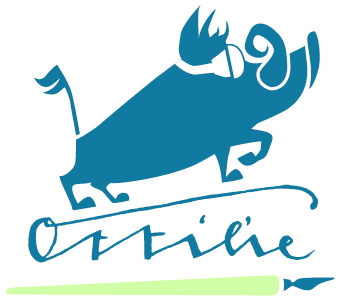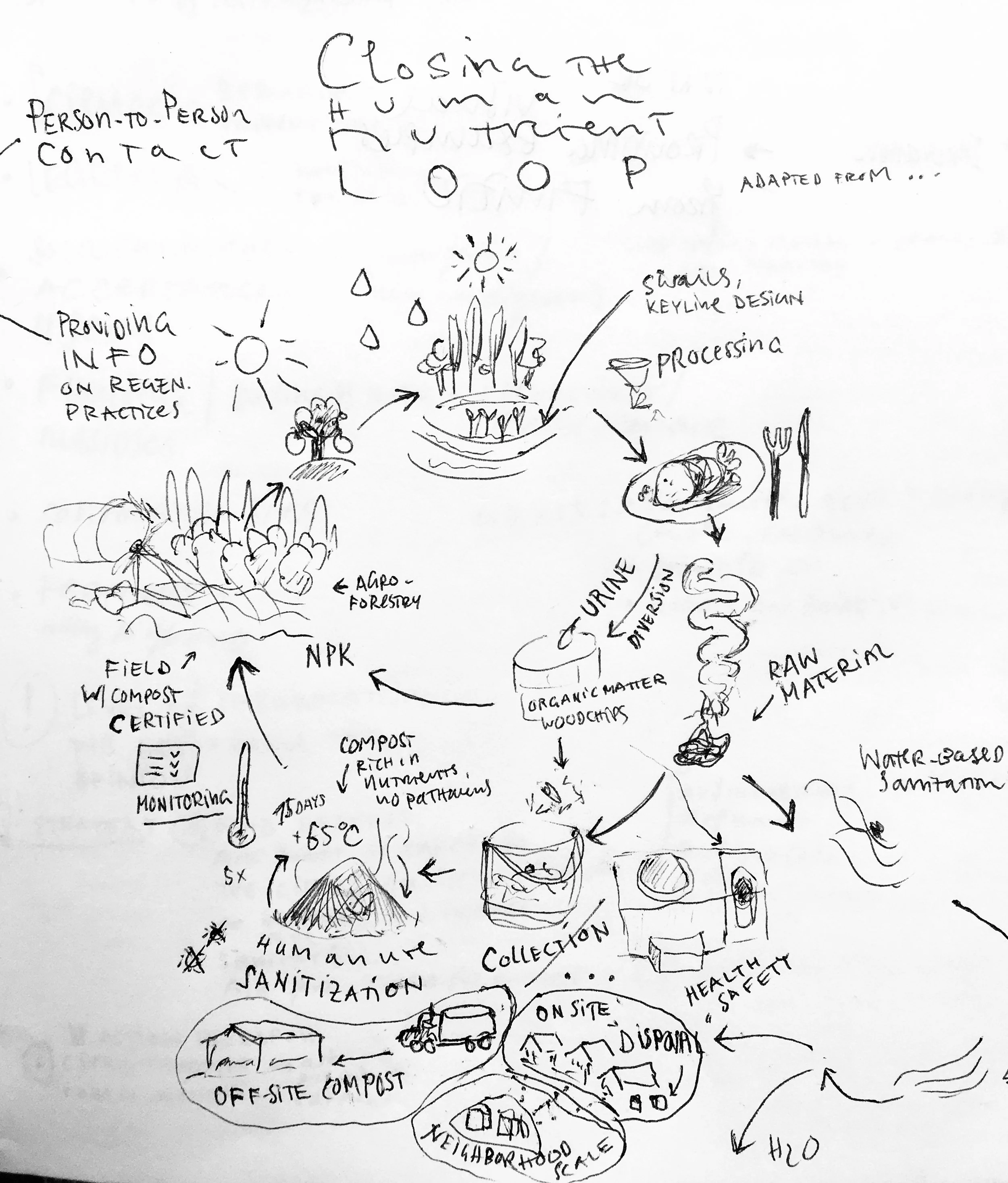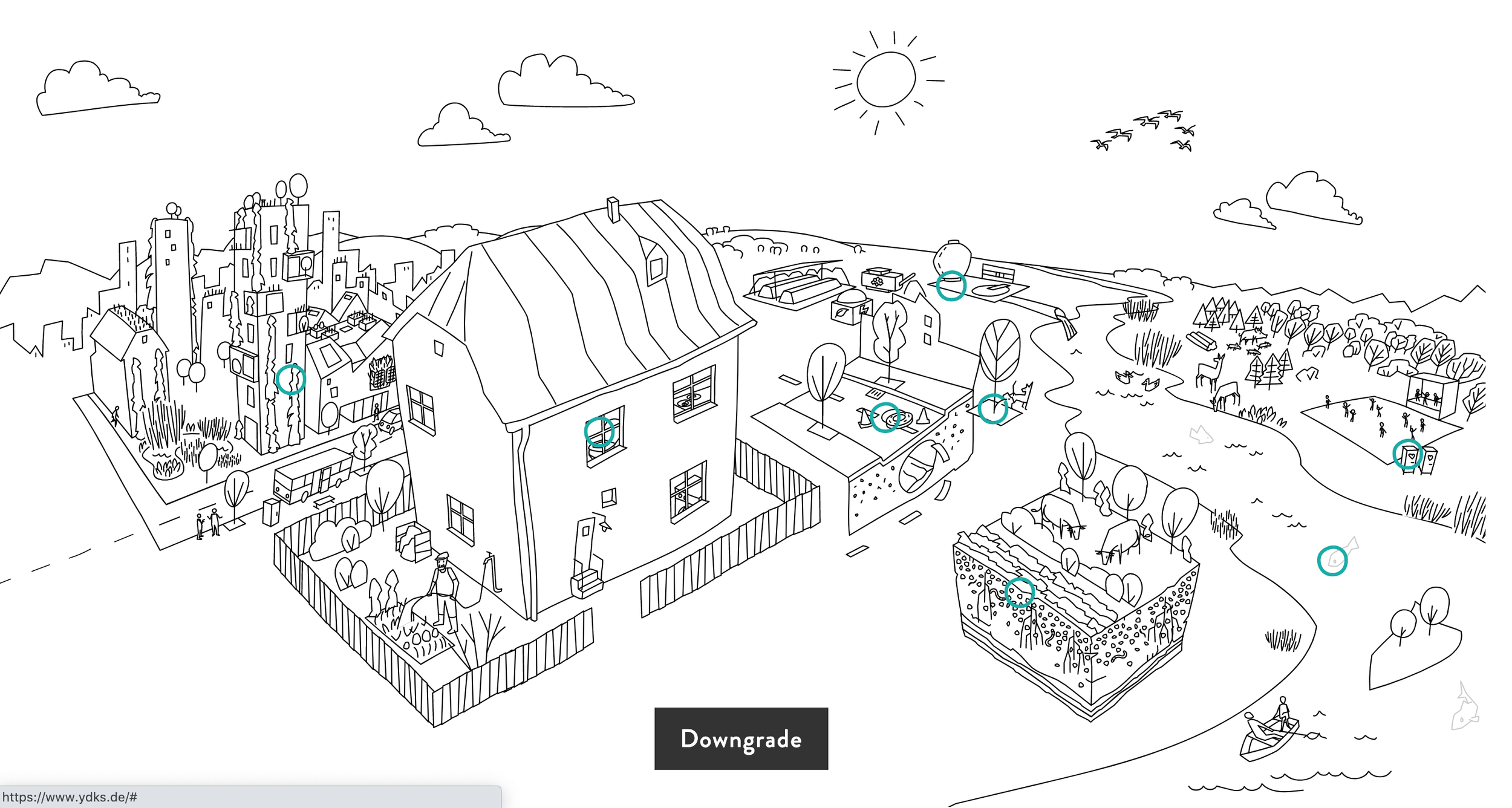PURPOSE
I am a student in the Master of Global Change Management program at the University for Sustainable Development in Eberswalde, Germany, and currently doing research as a Visiting Graduate Research Student with Vancouver Island University’s Mount Arrowsmith Biosphere Region Research Institute (MABRRI). My research, entitled “Exploring pathways for implementing Water-free Sanitation Solutions in the Mount Arrowsmith Biosphere Region (MABR),” sees the current water-based sanitation system as part of a bigger socio-ecological system and aims to identify the dynamics and reasoning behind decisions that led to and sustain the current sanitation system. It also aims to identify barriers for transitioning to another system on different levels of governance. The goal is to inquire wisdom and knowledge about water-free sanitation (e.g. dry separation toilets, possibilities for composting and other resource recovery options etc.) from local residents, political, sociocultural and economic actors and experts in the field of sanitation and water-free sanitation. These different perspectives are gathered and merged into one holistic perspective visualized and communicated in the form of a systems model (causal loop diagram); a map of words/variables and arrows depicting relationships between the variables and the dynamics they create together. See the images below for examples.
INTENTION
My hope is that my research will contribute to stirring conversation around this topic and finding more clarity on its feasibility as a potential pathway for increasing water and nutrient availability. If water-free sanitation is feasible it could benefit the communities in the MABR and the society at large as the systems models are a visual communication tool and can serve as a map for shared action taking needed to reach the goal.
Sketch from Notebook Illustrating a variation of the Human Nutrient cycle, integrating different aspects found in Literature Research – Jenni Ottilie Keppler, 2021 and 2022
GOAL
I hope to determine indicative feasibility for implementing water-free sanitation solutions. To achieve this, I am seeking the perspectives of different knowledge holders in the water-free and water-based sanitation systems and along the human nutrient cycle, who can speak to the different aspects – i.e. barriers, leverage points, open questions, etc. – of such an implementation process.
WHO ARE THE STAKEHOLDERS
This includes experts in the field of water-free sanitation (dry toilets) and human resource recovery systems, providers of the current sanitation system, municipal decision-makers, provincial (and federal) policy-makers, community planners, engineers and building contractors and potential users of recycled fertilizers (farmers).
ABOUT THE INTERVIEW PROCESS
As a participant you are asked for your personal perspective on what is needed for establishing water-free sanitation solutions in the MABR. The interview – in-person or online – is similar to a focussed brain storming session exploring an alternative to the current sanitation system and the paradigm (mindset) around it, based on the knowledge of each stakeholder group representative.
The interview will be held under the guidance of an “Inspirational Goal”, which is phrased as the following question:
“What is needed for 20% of the human 'waste' generated in the Mount Arrowsmith Biosphere Region to be disposed, treated and recycled through water-free resource recovery solutions by 2030?”
The responses are be recorded in the systems model as variables linked with arrows using either a digital white board (miro app) or if in-person, a pen and paper with sticky notes. This way there will be a visual depiction of your answers.
Causal Loop Diagram on Agroforestry | Interview with Expert Ray Wollenzien
Causal Loop Diagram on Agroforestry | Interview with Expert Philipp Gerhardt
If permitted, the interview would also be audio and video recorded (only if online) for the purpose of serving as a reference when I work on refining the draft of your system model. Within 14 days of the interview the refined version of the model will be presented to you for validation as a walk-through video using screen recording. Also, a PDF-image of the model will be part of the validation package.
WHY?
The need to explore these unconventional solutions comes from projections of climate change and population growth having effects on the regional water availability – through increasing heat and droughts, as well as earlier and quicker snow melts the acquifers are less able to refill.
Information on the EVALUATION WORKSHOP on September 22, 2022
https://www.ottilie.cc/loop-the-poop/evaluation-workshop-invitation
INSPIRATION
FINIZIO – FUTURE SANITATION
My inspiration to explore this topic comes from my neighbors in Eberswalde who have started an enterprise around creating excellent humus from human waste, gathering raw materials on festivals and working on perfectionizing the composting process: Finizio – Future Sanitation.
Video (on the right) by Finizio on their humanure composting facility (English subtitles):
https://www.youtube.com/watch?v=P_AkLsnk2s4&ab_channel=Finizio-FutureSanitation
ZIRKULIERBAR
In the fall of 2021 the regional multi-stakeholder initiative ZirkulierBAR came on air, which is a pioneering project that works towards feasibility of human nutrient circulation bringing together local actors, researchers and policy-makers.
LOO:TOPIA
A side track of the Re:Publica conference in Berlin, June 2022: https://www.naehrstoffwende.org/lootopia/
Part of Loo:topia are…
Research Projects funded by Ministry for Education and Research (BMBF):
zirkulierBAR – Back into the Cycle
CUBES Circle – Future Food Production
Agrarsysteme der Zukunft – creating together
Scientists from:
Eawag Water Research Institute department of the ETH Switzerland
Fraunhofer Center for Responsible Research and Innovation (CeRRI) of the Fraunhofer-Institute for Labor Management and Organisation (IAO)
Institut für Luft- und Raumfahrtmedizin of the German Center for Air and Space Travel (DLR)
Practitioners
Finizio – Future Sanitation
Goldeimer – Toilets for everybody!
DYCLE – Diaper Cycle – Windelkreislauf
MISSOIR – the squat urinal with no water-use
Kompotoi – Composting-Toilets from Switzerland
VunaNexus – System provider for nutrient recovery
Ecovillage Hannover – Residential Construction and Service Cooperative
Networks
How Poo connects Humans to the Universe
No human is an island. Being human means being connected to other humans, to other creatures, to the world. And science shows us how nothing illustrates this connection better than poo.
Nutrient Cycle – The Food Loop
(in German)
Panel discussion (German)
How Toilets Connect the Universe
with Ariane Krause, Anastasia Papangelou, Lisa Deutsch
A panel on the connection between toilets, sustainability, resources and the climate:
“You Don’t Know Shit” interactive Infographic
(German, sorry) that helps explore possibilities of how to recycle greywater and install dry separation toilets.
by NETSAN e.V. – Network for Sustainable Sanitation Solutions (NGO)
Photos from the YDKS website:
—> https://www.ydks.de/
Broodjepoep
An artists approach to mainstreaming the topic of Circular Sanitation:
A Foodtruck with a Composting Toilet
https://www.broodjepoep.com/ | https://www.broodjepoep.com/let-s-talk-about-shit |
https://www.broodjepoep.com/het-team |
RESOURCES
Conversation with Gord Baird (Vancouver Island)
– from eco-sense.ca on the new regulations provided in the BC Manual for Composting Toilets and Greywater Practices (2016).
PDFs and BOOKS
Essential Composting Toilets by Ann and Gord Baird
Humanure Handbook by Joseph Jenkins
Regulatory GuidelineS AROUND SANITATION (‘Liquid Waste’)
AND Organic WASTE
BC Manual for Composting Toilets and Greywater Practices (2016).
Organic Matter Recycling Regulation Project Update (OMRR) (June 2022)
BC Land Application Guidelines for Organic Matter Recycling Regulation and the Soil Amendment Code of Practice (March 2008)
Guidelines for Compost Quality – Canadian Council Of Ministers of the Environment
All guidelines and links on Organic matter recycling regulation and guidance by BC:
https://www2.gov.bc.ca/gov/content/environment/waste-management/food-and-organic-waste/regulations-guidelines
Regional District of Nanaimo Liquid Waste Management Plan – Annual Report 2019 (2020)
SCIENTIFIC PAPERS
Towards a circular nutrient economy. A novel way to analyze the circularity of nutrient flows in food systems (2021) by Robin Harder, Mario Giampietro, Sean Smukler
Technologies for recovery and reuse of plant nutrients from human excreta and domestic wastewater: a protocol for a systematic map and living evidence platform (2021) by Biljana Macura, James Thomas, Geneviève S. Metson , Jennifer R. McConville, Solveig L. Johannesdottir, Dan Seddon and Robin Harder






